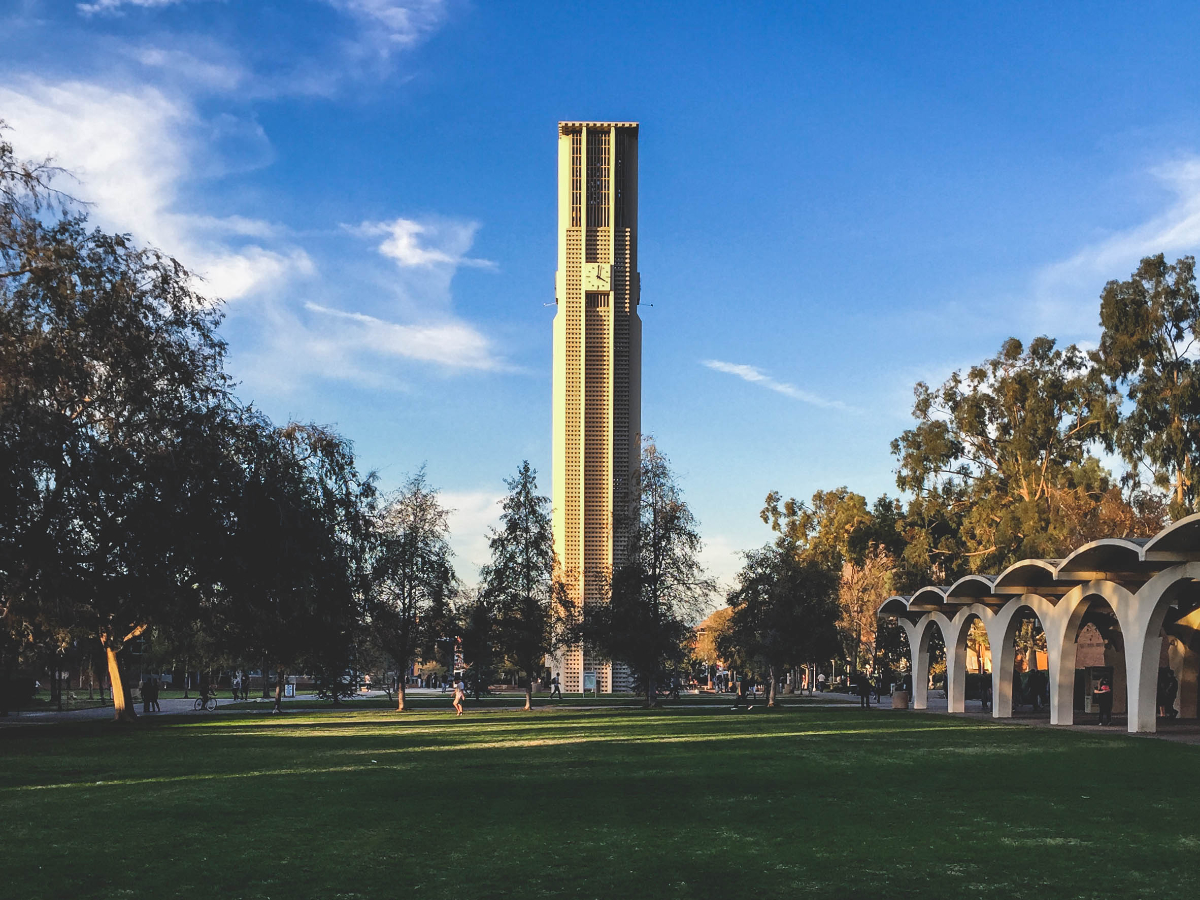Chancellor Kim A. Wilcox delivered his annual spring campus update online on Monday, May 4. Within the prerecorded video, he discussed the current status of UCR in light of the ongoing COVID-19 pandemic and responded to some common questions and concerns regarding the near future.
Wilcox began by addressing the matter of budget and tuition fees. He explained that UCR has a budget of $1 billion each year. About half of this includes auxiliary resources that are not funded by the state or by tuition fees and must operate on its own revenue, such as housing, dining and transportation services. The other portion of the total budget is considered core operation consisting of 50% student tuition fees and 50% state support, devoted to teaching and research functions.
Due to the drastic changes that UCR had to implement with the onslaught of COVID-19, the university’s revenue has taken a large dip. According to Wilcox, UCR administrators are doing what they can, such as actively planning to recruit more students for the next school year in order to help with the tuition fees considering they comprise a substantial portion of the core budget. However, there are limitations to what the university and the state can ultimately do to mitigate the loss. Wilcox stated, “We estimate that spring quarter alone is about a $50 million budget cut between lost revenue and additional expenses to UCR … that’s somewhere between $100 to $150 million dollars per year.”

When asked about any changes or refunds in regards to student paid expenses, Wilcox stated that tuition fees will stay the same in spite of remote learning. “We continue to provide courses in the most effective way that we can, so that tuition remains in place and we’re collecting it in the same way that we always have,” he said. Other fees that students would normally have to pay for, like library and individual course charges, have either been eliminated or delayed with respect to the current climate. As of now, UCR’s administration is still deciding on alterations for other, more complex charges like the SRC.
One student, Natalie Nguyen, a second-year psychology major, expressed her frustration over the lack of change concerning student tuition fees, especially regarding charges for resources that students are unable to access or use in the present time. ”I feel like this is completely unfair … not everyone is able to work at this time, parents and students included, and not everyone has financial aid,” Nguyen stated.
Wilcox went on to discuss another point of contention with respect to the incoming fall quarter and whether or not UCR will make any moves to open campus for instruction. He admitted that at the current moment, there is no certainty that such a final decision can be made. “If I were going to guess, I’d be much more likely to bet that we’ll still be doing most of our instruction remotely in the fall,” Wilcox asserted. He added that at most, it would likely be only graduate education and some research programs that would resume on campus, chiefly due to the smaller number of people and classes needed.
Still, according to Wilcox, though there is concern about the general quality of remote learning, UCR currently offers the option of utilizing the S/NC grading system, taking into account the hasty transition. However, regarding student worry over next autumn’s class grading structures, the faculty’s academic senate also has yet to come to a total consensus.
Martin Camacho, a fourth-year neuroscience major, described his less than ideal experience with online learning as a STEM focused student stating, “If your class has a lab component, it is rather difficult to stay focused and learn from the lab … The online format takes away from performing the experiment yourself and learning through hands on experimentation.” Camacho added that he hopes UCR will soon be able to implement safe and effective guidelines for all students to reopen campus, claiming that having UCR reopen for fall quarter should be the “ultimate goal at this point.”
Despite all the uncertainty, Chancellor Wilcox closed out his message with gratitude for the way students and staff have been adapting and a reminder that the only way UCR will be able to get through this difficult time is if everyone works together. If any individual has some sort of helpful suggestion or idea, Wilcox encourages them to send an email to chancellor@ucr.edu.







